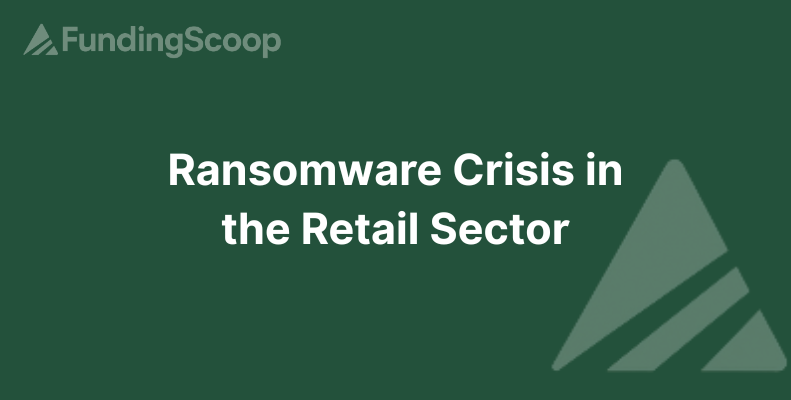
Ransomware Crisis in the Retail Sector
Marcus Ashford
The ransomware attack on Japanese retailer Askul highlights a pressing threat to the global retail sector, including UK retailers. With past incidents like the 2025 Marks & Spencer attack, it's evident that weak IT infrastructures lead to financial and trust losses. UK retailers must prioritize cybersecurity, following guidance from the National Cyber Security Centre, by adopting measures such as two-step verification and regular audits. Investing proactively in cybersecurity and fostering a culture of awareness amongst employees is crucial, as reactive measures are far costlier. Retailers need comprehensive strategies to prevent inevitable, sophisticated attacks from eroding consumer trust and damaging business operations.
The recent ransomware attack on Japanese retailer Askul has underscored a disconcerting reality for the global retail sector. This attack, which forced Askul to temporarily suspend its online operations and disrupted other major retailers like Muji, is not an isolated incident. Ransomware attacks represent a growing threat to the industry, demanding urgent and comprehensive cybersecurity strategies. But what does this imply for UK retailers, and how can they protect themselves from similar fates?
Understanding the implications of such attacks can shed light on the vulnerabilities that retailers face today. The 2025 cyber attack on Marks & Spencer exemplifies the severe disruptions these attacks can cause, as detailed by the BBC. Hackers have exploited weak spots in IT infrastructures, causing not only financial losses but also eroding consumer trust.
Security Measures and Best Practices
British retailers must prioritize cybersecurity as part of their operational strategies. According to guidance from the National Cyber Security Centre (NCSC), adopting fundamental security protocols like two-step verification and regular system audits can fortify defenses against such attacks.
The government has long advocated for more robust cybersecurity measures, recognizing the economic impact of data breaches and ransomware attacks. In my conversations with various retail executives, it's clear that investment in cybersecurity should match the level of investment in customer-facing improvements.
My Take
I've observed a concerning complacency in parts of the retail sector regarding cybersecurity. Too often, cyber preparedness is placed on the backburner until a severe incident forces action. The uncomfortable truth is that proactive measures cost significantly less than reactive ones. The 2023 attack on the Co-op, resulting in £206 million lost in sales, is a stark reminder of this reality.
Furthermore, retailers should not only focus on technological defenses but also foster a culture of cybersecurity awareness among their employees. This dual approach ensures a human firewall that can catch suspicious activities before they escalate into full-blown attacks.
The necessity for a comprehensive cybersecurity strategy cannot be overstated. As we witness an increasing number of ransomware incidents, both in Japan and closer to home, it is imperative for UK retailers to act decisively. Waiting for an attack to reveal vulnerabilities is a risk that no business should be willing to take.
In conclusion, the retail industry's focus must pivot towards cybersecurity resilience. As these attacks become more sophisticated, only those prepared to invest in robust security measures will maintain consumer confidence and safeguard their business operations.


